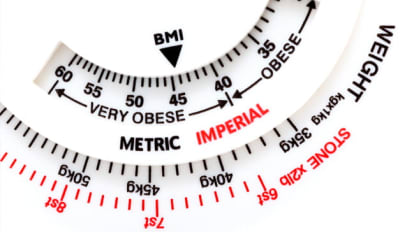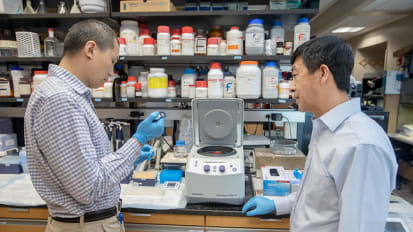
Featured Content |view more
 News
News
Researchers at MUSC suggest looking at the patient as a whole rather than BMI alone when determining surgery eligibility
 News
News
MUSC researchers have identified a novel biomarker that could change the way sepsis is approached and treated. Sepsis, the leading cause of death in intensive care units, is the body’s extreme response to an infection and can lead to organ damage and failure.
 News
News
Bare minimum reimbursement rates could be a factor in why some clinics may be struggling to offer HPV vaccination in the U.S.
MUSC Health physicians are providing training opportunities on the medical topics most requested by the first responder community. Please email Ashley Tice at ticea@musc.edu to request a training topic.
 Video
Video
Advancing Stroke Systems of Care to Improve Outcomes - Target: Stroke Phase III
In this MUSC Health training series video lecture - Gregg Fonarow, MD, and Lee Schwamm, MD, discuss Target: Stroke Phase III - designed to further improve care and outcomes for patients with acute ischemic stroke.
 Video
Video
Initial Assessment, Management, and Stabilization of the Burn Patient
Ryan Howard MSN, RN, CNL, Pediatric Burn Program Manager, identifies the components of the primary and secondary survey of the pediatric burn patient, compares the appearance of a partial versus a full-thickness burn, and discusses special ...
 Video
Video
Nicholas Connors, M.D., F.A.C.E.P., Medical Toxicologist at the Medical University of South Carolina, discusses snakes and arthropod envenomations.
 Video
Video
Heartmate II/III and HeartWare HVAD Overview
Brian Houston, M.D., MUSC Health cardiologist specializing in patients with Left Ventricular Assist Devices, provides an overview for EMS Professionals on the Heartmate II/III LVADs and HeartWare HVAD.